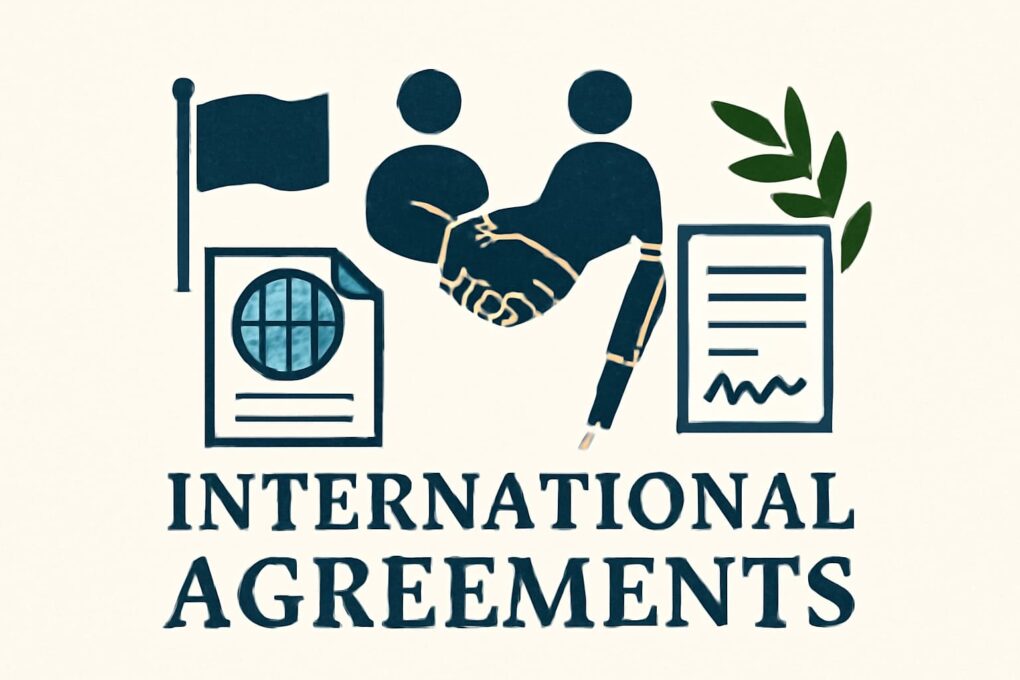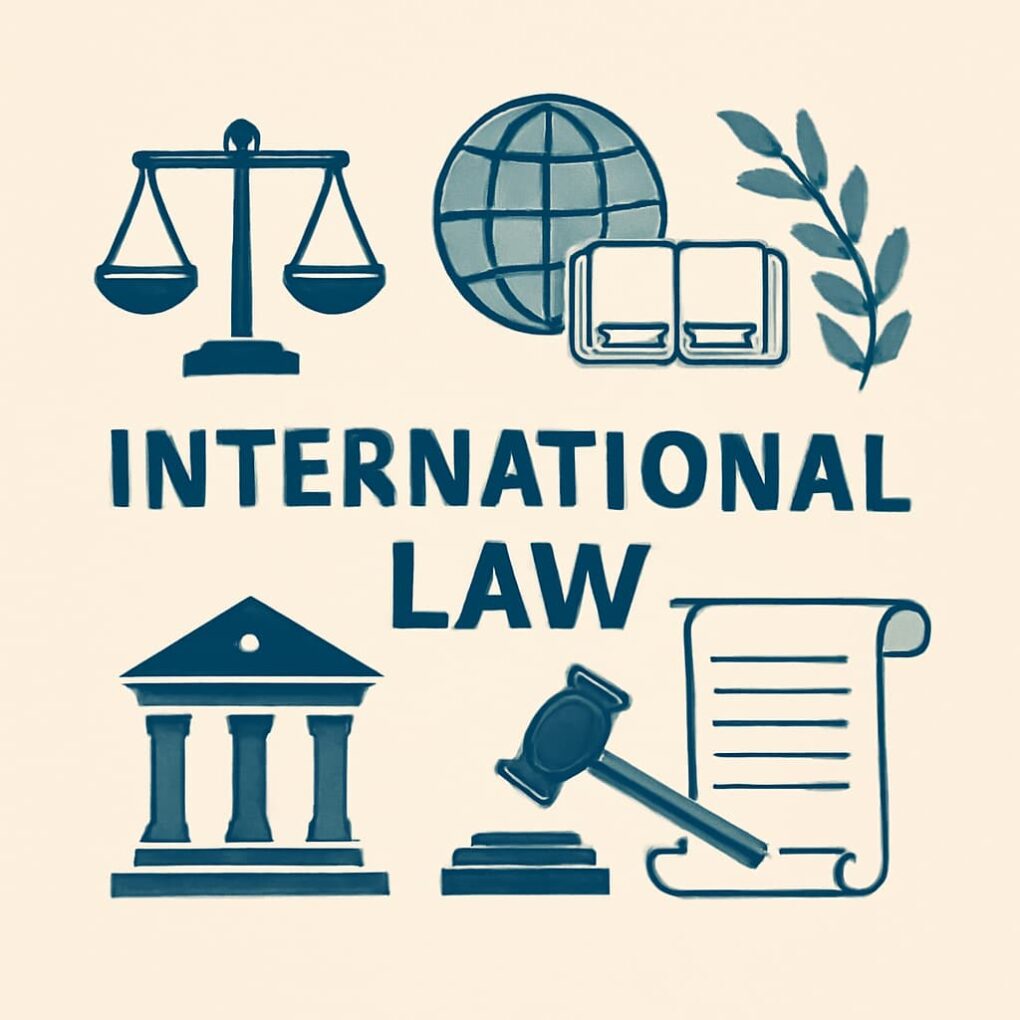Have you ever thought a small slip-up at a local shop could lead to legal trouble across borders? It may sound extreme, but when it comes to selling alcohol to minors, the consequences can stretch far beyond a simple fine. In rare but serious cases, they can even involve international law and extradition. Here’s why everyone—from students with a weekend job at the till to store owners and parents—should understand what’s at stake.
When Age Limit Violations Become a Criminal Offense
In many countries, selling alcohol to someone under the legal age is a regulatory offense, often punished with a fine or license suspension. But when the violation is repeated, organized, or leads to harm, it can cross into criminal territory.
Criminal charges may arise when:
- Alcohol is repeatedly sold to minors knowingly.
- Fake IDs are accepted intentionally.
- Sales are linked to larger schemes—like illegal parties, smuggling, or gang activity.
- There’s harm caused (e.g., a drunk driving accident involving a minor).
In these cases, the law treats the sale not just as a mistake but as contributing to a broader social harm. Some jurisdictions go as far as labeling such acts as part of organized crime.
How Legal Violations Trigger International Pursuit
You might wonder, why would another country care if someone sells alcohol illegally in a small town? Here’s the thing: if that sale is part of a wider scheme—say, an unlicensed supply chain operating across borders—it becomes a transnational issue.
Examples include:
- A group operating online liquor sales to teens across different countries.
- Cross-border counterfeit alcohol networks involving underage delivery staff.
- Store chains knowingly ignoring age checks across multiple regions.
In such cases, prosecutors may argue that the individuals involved are part of an international criminal enterprise. This can activate treaties and legal frameworks that support extradition.
What Is Extradition and Why Does It Matter?
Extradition is the legal process through which one country requests the handover of a person who is accused or convicted of a crime in another country. This process is necessary when the suspect is in one country, but the alleged crime took place in another, or when the crime affects people in more than one country.
In alcohol-related cases, extradition can be requested for several reasons. For instance, it may be necessary when someone is involved in fraud, such as producing or selling counterfeit alcohol, or when the sale of alcohol to minors puts young people at risk. Additionally, individuals may be extradited if they are members of a criminal organization involved in illicit activities related to alcohol, or if they have engaged in large-scale tax evasion through alcohol sales.
There are several international legal mechanisms that make extradition possible. One of the most important is the European Arrest Warrant (EAW), which simplifies extradition between EU countries. Another critical tool is Mutual Legal Assistance Treaties (MLATs), which allow countries to share evidence and transfer suspects. In some cases, Interpol Red Notices are issued, which alert countries to the presence of suspects who may need to be arrested and extradited for international crimes.
What Shop Staff and Owners Need to Know
If you’re working a cash register, managing a store, or running a chain, staying informed and prepared is key. Even unintentional negligence can snowball into something bigger.
Best practices:
- Always request ID from customers who look under 25.
- Use electronic age-verification systems.
- Train all staff regularly on legal requirements.
- Keep records of ID checks (digital systems can help).
- Do not ignore suspicious patterns (e.g., repeat buyers of alcohol who look underage).
Tip: Tools like the Challenge 25 campaign in the UK offer useful training and printable materials to help teams stay compliant.
Why Age Checks Are Legal and Ethical Protection
Beyond being a rule to follow, proper age verification protects businesses and individuals from potential legal fallout. It also builds public trust and keeps vulnerable people safe.
Failing to follow these measures can:
- Lead to store closures or personal fines.
- Harm your reputation.
- Trigger cross-border investigations if you’re part of a chain.
- Involve legal action under youth endangerment or trafficking laws.
International Agreements and Real-World Cases
Governments cooperate more than ever on public safety. Selling alcohol to minors rarely triggers extradition alone—but when combined with illegal trade, smuggling, or harm, the stakes rise.
Case Study 1: An Eastern European businessman was extradited from the UK for running an international ring that sold counterfeit alcohol to minors online. The group used drop-off points in multiple countries and involved teens in deliveries.
Case Study 2: A store chain owner in a border region faced extradition charges after being linked to organized alcohol smuggling where minors were used as couriers. Although the individual claimed no knowledge, poor age-verification practices made prosecution possible.

Conclusion: Stay Aware, Stay Safe
If you’re selling alcohol, even casually, you’re part of a regulated system. Being careful with age checks isn’t just about avoiding a fine—it’s about ensuring no one gets hurt, and no one ends up facing serious legal consequences.
From a human rights and legal standpoint, prevention is key. Smart systems, proper staff training, and ethical choices make a real difference. When laws cross borders, so does responsibility.
